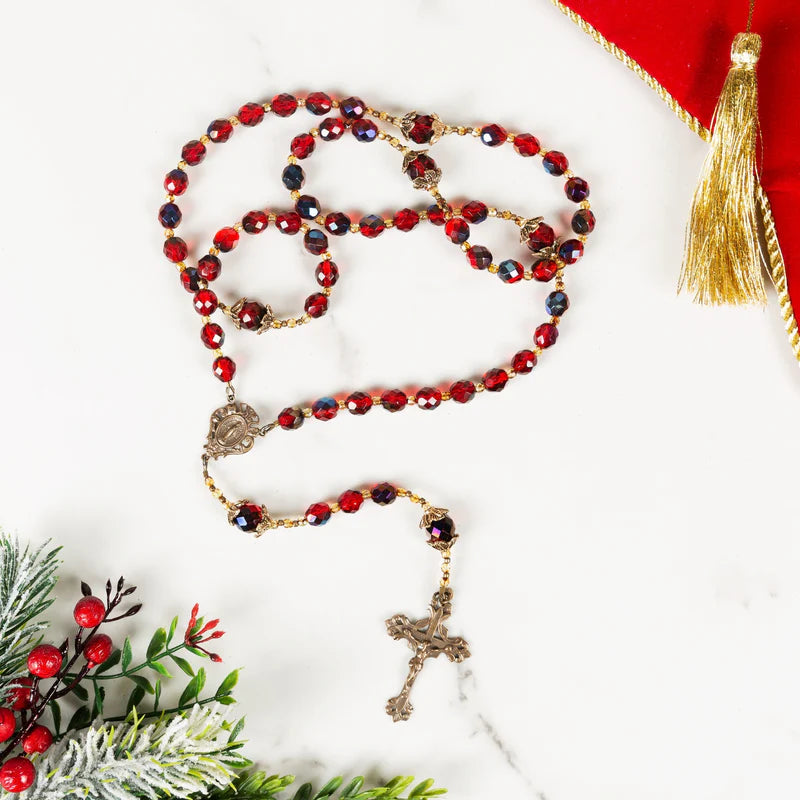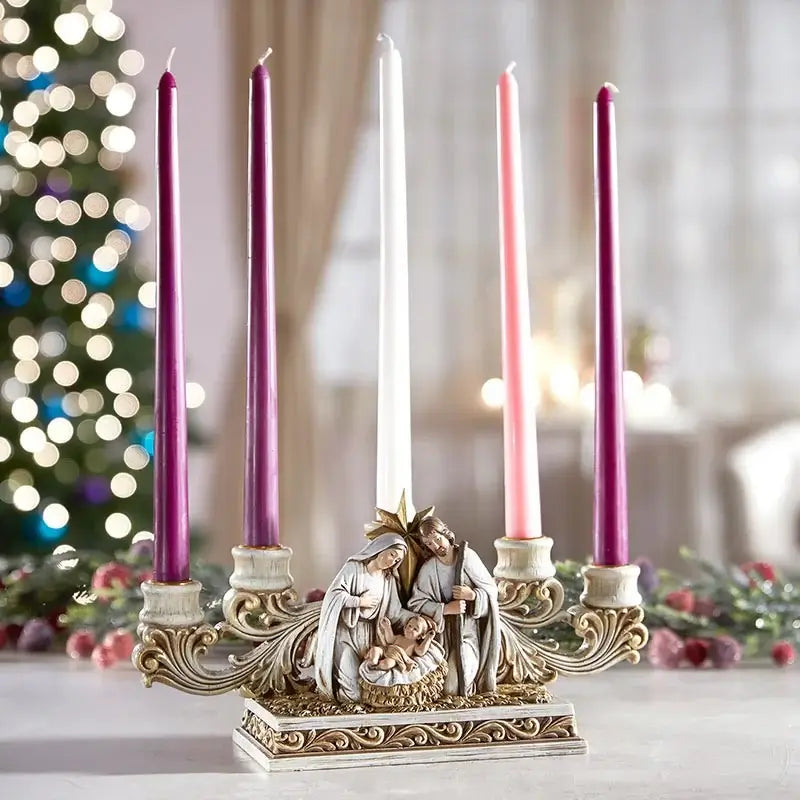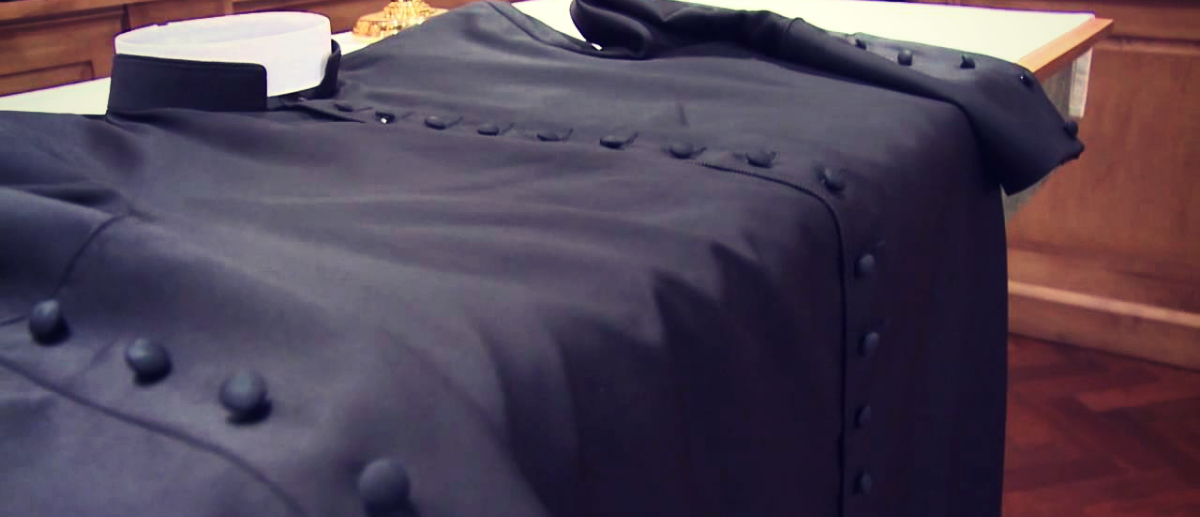Life is not always easy, and in desperate times people are thirsty for miracles. Everybody has problems, and everybody looks for help at least with the basics of health and protection. So people pray for the healing of a sick person, to have prosperity in the business, to get out of economic problems, to find their better half, etc.
This is when Catholics start to invoke the name of their favorite patron saints. We pray to saints because they are already in heaven, and they can intercede for us.
Customs to Invoke the Help and Protection of the Saints
Within my Hispanic culture, St. Anthony de Padua (San Antonio) is a popular saint. He is the patron saint of many causes, most known for finding lost articles and spouses. People call his name almost every day to help them find their lost property (including car keys) and to help get them out of the bachelors and bachelorettes club.
A practice in some churches in Latin America and Spain is to bless small loaves of bread on the feast of St. Anthony, inspired by stories of people who generously donated grain and bread to the poor in thanksgiving for favors granted through his intercession.
I remember St. Anthony a lot, because there are a popular song in Spanish that basically says, "I have St. Anthony with his head upside down, if he does not give me a boyfriend, nobody straightens him back." I don't know who invented this, but I don't think St. Anthony would be flattered by this practice. The Catholic Church does not teach this, hence it is a mere superstition.
I could tell you many stories that involve misconceptions about saints. In Guatemala, for instance, some people pray to St. Simon, but not the Apostle. San Simon, as he is called, is a Mayan shaman and he is not recognized as a saint in the Catholic Church; in other words, he is a "fake saint." Hispanics are mostly Catholic, but, I suppose, they inherited customs and traditions that make some combine Catholic beliefs with old rites from indigenous religions. So we have to be aware and be consistent by practicing only what the Church clearly teaches or approves, which is the only way to not confuse holy customs with bad ones.
Desperate Causes for Desperate People
A popular "real saint" is St. Jude (San Judas). I have heard his name mentioned even in Spanish soap operas—not that I watch them (okay... maybe a few in the past).
In moments of anxiety, people need to hope and believe in something that helps them recover their faith and maintain peace in their lives, but sometimes the lack of knowledge can lead some to believe in superstitions.
I have seen wrong ways to pray to a saint, for example through St. Jude prayer cards that read, "Don't break the chain," and if you do, there is a curse, and you will be crushed by a train, struck by a lighting, and the 7 plagues of Egypt will come over you. That is why I didn't use to like the devotion to St. Jude, because this didn't sound quite right for me. Until I realized that this kind of superstition is not consistent with the Catholic faith.
Saints to the Rescue
When I read about the life of the saints, even though they were wonderful people with outstanding souls, their lives were not beautiful and easy. If you watch movies based on their life stories, they might make you cry. Saints suffered extremely.
In St. Jude's case, he was martyred by being clubbed to death, and his head was then shattered with an axe. St. Cecilia was suffocated and beheaded. St. Bartholomew's martyrdom is one of the stories that captivate me the most because of his strong conviction about Christ and the cruel way he died, by being flayed alive and crucified. And all of this for preaching the Gospel and doing good? This is outrageously cruel and unfair, but no wonder why they are saints.
So, who can understand our trials and sufferings better than the saints, who once had bodies and lives just like ours?
The Right Way to Call on a Saint
I was not educated about how to venerate a saint and ask for their prayers on my behalf. Actually, I didn't have a special devotion to any particular saint at all. I normally felt comfortable praying directly to Jesus, so I thought, why do I need intercession from a saint?
In hindsight, I didn't know how to pray to a saint; I used to get blank and I didn't know what to say. So I asked somebody who has obtained responses after praying to a saint, my husband. He had a favor granted through the intercession of a saint on the day he finished a novena—in his case, he asked St. John of the Cross for help since he was his Confirmation saint. I asked my husband what his petition was, and he said to have another baby. The day he finished the novena I got pregnant.
In my case, since I have a special fondness for Our Lady of Perpetual Help (you can read about my experience here) I have started to pray to St. Alphonsus Maria de' Liguori, since he is associated with this Marian devotion; so one thing led to another.
How to Call on a Saint
If you are like me and you don't know how to pray to a saint, this method has helped me to improve when I pray. But first, you need to be conscious about the reasons to venerate the saints and get to know them. That helps to build the spiritual relationship.
Praying to a Saint through Novenas. Praying a novena is recommended. Use it as a template, read it and make your petition.
Make your own prayer. You can also make what I call a "casual prayer" while doing the basic:
- The sign of the cross with holy water.
- Call your saint and ask your petition, saying something like: For the intercession of ... (your saint here), I ask ... (your petition here).
- Finish your prayer with the Our Father, the Hail Mary, and the Glory Be.
Be worthy. If you want to be more holy and worthy to receive what you ask, making a good confession beforehand and receiving Holy Communion is a must.
Of course, the best person to advise you in this matter is your priest; I am just sharing my experience, which may have flaws, but the good thing is that I am learning in the process.
It has been enlightening for me to learn more about the saints, not just through religious practices, but to get to know them by reading about their lives, and even by venerating their relics.
I hardly ever finish reading a book, but when I read Hungry Souls years ago and the part about Padre Pio, and the way those souls in agony looked for his help, thirsty for having a Mass, I was astounded and read that book at once.
So, to read about the lives of the saints is a good thing: it is inspiring, it gives us hope, and it is beneficial for our soul. It has helped me in my path of faith and it can help anyone looking for the same.
If you have a devotion to a particular saint, please share below what traditions you incorporate with their veneration.






















